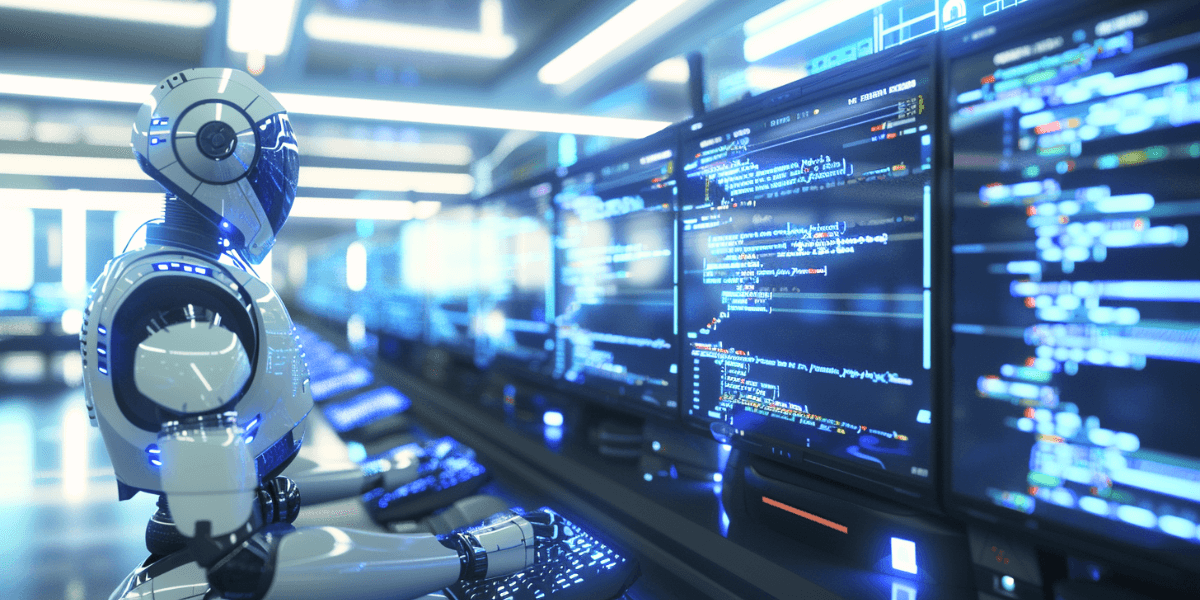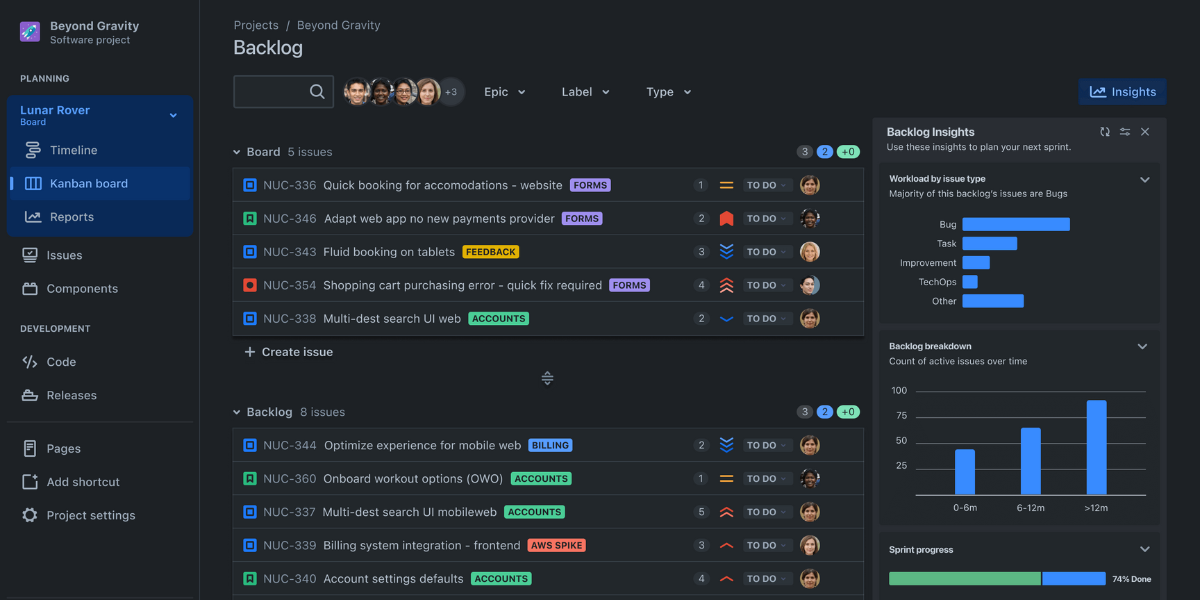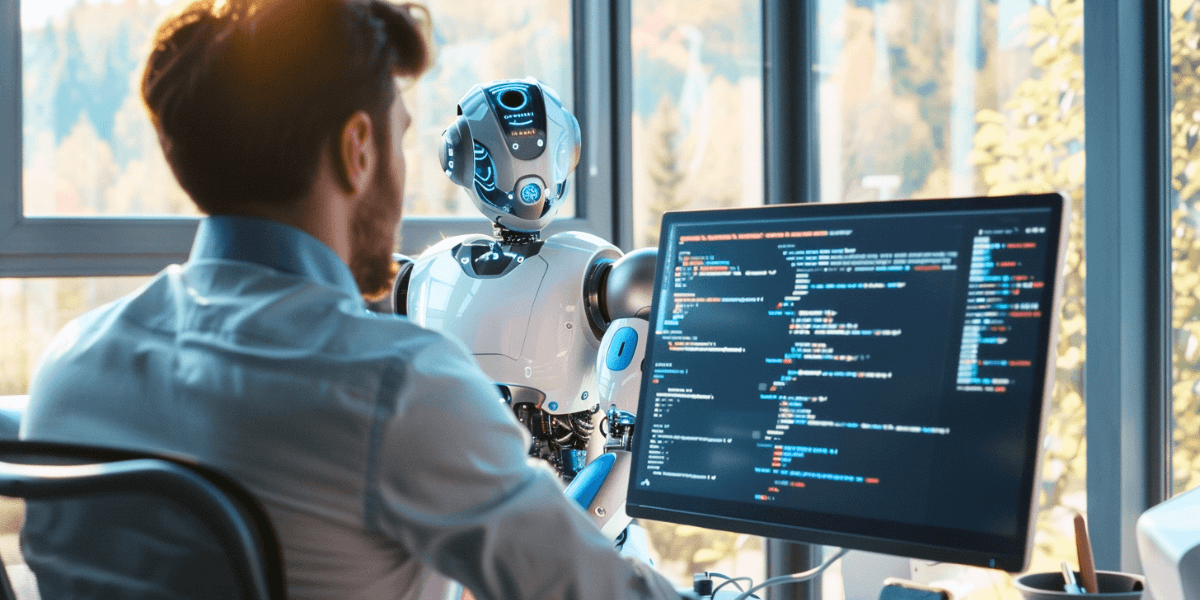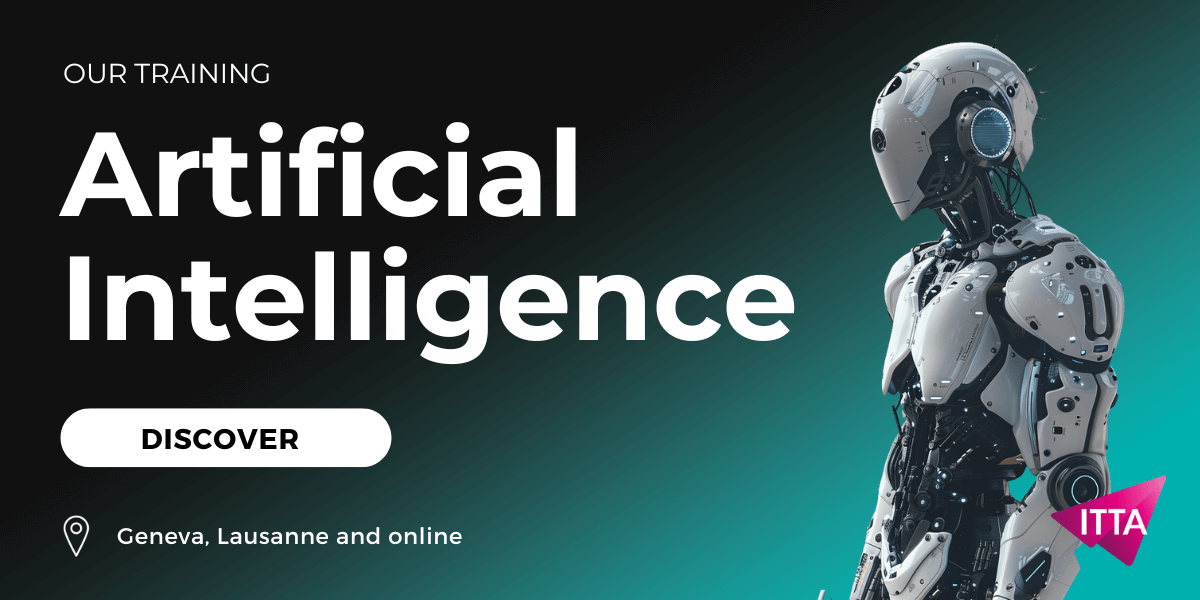Home > Is AI Unanimously Supported by Developers?
Artificial Intelligence (AI) has been disrupting the tech world for a few years. But, is AI unanimously supported by developers? In software development, AI promises significant advancements. It could automate repetitive tasks, improve code quality, and boost productivity. However, not all developers are convinced.
Some view AI as a powerful ally. Others worry about their jobs and the quality of their work. Is AI truly beneficial for developers, or is it a threat to their profession? This article explores the advantages, risks, and future of AI in software development.

AI may not have unanimous support among developers, but it excels at automating repetitive tasks. Developers spend a lot of time on manual tasks like debugging, unit testing, and code maintenance. With AI, these tasks can be automated, giving developers more time to focus on creative and complex tasks.
Tools like GitHub Copilot and Tabnine use AI to suggest code snippets. They anticipate developer needs and reduce time spent writing repetitive code. Additionally, automated testing platforms like Selenium and Cypress can run thousands of tests in seconds, catching errors before code goes live.

AI also improves code quality. It analyzes millions of lines of code and identifies patterns, suggesting improvements that human developers might miss. For example, DeepCode uses machine learning to analyze source code in real-time, detecting vulnerabilities and offering optimal solutions.
AI can also generate code from natural language specifications, reducing human errors and speeding up development. A McKinsey study shows that AI tools can increase developer productivity by 20 to 30%. By automating repetitive tasks, developers can focus on more strategic and innovative work.
Though not all developers embrace AI, it greatly enhances collaboration within development teams. It automates documentation and generates reports on code status, enabling developers to better understand each other’s contributions and work more efficiently together. AI tools also provide suggestions based on industry best practices, fostering innovation.
Tools like Jira and Trello, with AI plugins, help manage projects by identifying bottlenecks and suggesting ways to improve workflows. AI also analyzes user feedback, helping developers prioritize tasks.

AI is not unanimously supported by developers, partly due to concerns about job security. Many fear that automating tasks will reduce the need for human developers. If AI can code, test, and fix errors more efficiently, the demand for developers could decrease.
A Stack Overflow survey reveals that 40% of developers fear AI will replace some of their tasks. This fear is heightened by the rapid progress of AI. Some experts believe that AI could soon replace developers for routine tasks like simple feature development or bug fixing.
Another concern is over-reliance on AI. Developers may lose core skills and creativity. If developers rely too much on AI, they could lose the ability to solve complex problems or design innovative algorithms.
Moreover, AI relies on historical data and may replicate biases or suboptimal coding practices. Some developers worry that AI will standardize code and limit innovation. The solutions proposed by AI often lack originality.
Ethical concerns also surround AI. Who is responsible if AI-generated code causes a failure or a security issue? Should developers be held accountable for errors from a tool they use but don’t fully control? These questions spark debates on AI ethics.
AI algorithms can also be biased, reproducing poor coding practices or training data biases. Ensuring that AI tools are transparent and bias-free is crucial.

AI serves as a valuable tool for developers, boosting their efficiency and expanding their capabilities. By analyzing large datasets, it provides useful insights and enhances code quality. Rather than being a competitor, AI acts as a complementary resource.
Companies like Microsoft and Google are integrating AI tools into their development platforms. Azure DevOps and Google Cloud AI use AI to automate deployment, monitor application performance, and detect issues.
Despite its benefits, some developers remain skeptical. They worry about the lack of transparency in AI algorithms. Developers are concerned about biases, the lack of human control over generated code, and AI ethics.
Fear of change also plays a role. Some developers worry that AI adoption will diminish the value of their expertise, fearing a loss of control over the development process.

AI has transformed software development. It offers numerous benefits, such as automating repetitive tasks, improving code quality, and boosting productivity. However, it also raises concerns about job security, skill devaluation, and loss of creativity.
The future of AI in development will depend on its adoption by the developer community. A balanced approach, where AI is used as a complementary tool, is crucial. AI and developers can coexist and collaborate for a more efficient and innovative future.
Thus, artificial intelligence (AI) is revolutionizing software development by offering tools to automate repetitive tasks, improve code quality, and increase productivity. However, is AI unanimously supported by developers?, as it raises concerns for some about job loss and skill devaluation. While AI is seen by some as a valuable complement, others view it as a threat. The future of software development will depend on the balanced integration of AI, where this technology serves as an ally for developers rather than a competitor.


ITTA is the leader in IT training and project management solutions and services in French-speaking Switzerland.
Our latest posts
Subscribe to the newsletter
Consult our confirmed trainings and sessions

Nous utilisons des cookies afin de vous garantir une expérience de navigation fluide, agréable et entièrement sécurisée sur notre site. Ces cookies nous permettent d’analyser et d’améliorer nos services en continu, afin de mieux répondre à vos attentes.
Monday to Friday
8:30 AM to 6:00 PM
Tel. 058 307 73 00
ITTA
Route des jeunes 35
1227 Carouge, Suisse
Monday to Friday, from 8:30 am to 06:00 pm.